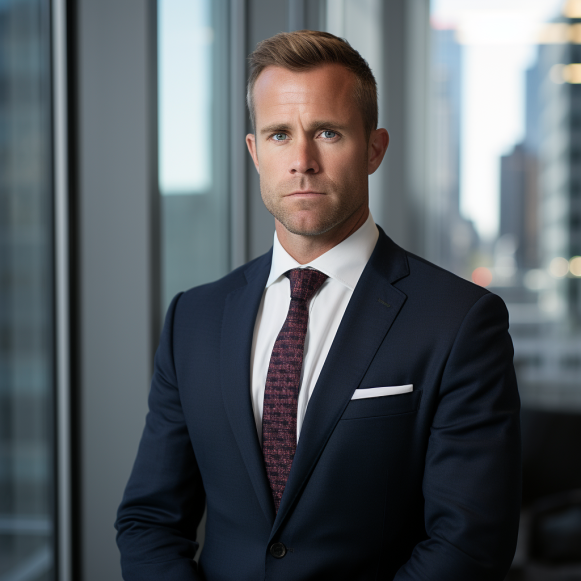A Shamrock partner explains how the $4 billion investment firm stays on top of media and entertainment, where ‘every day there’s a disruption’

- Andrew Howard is a partner at Shamrock, an investment firm focused on media and entertainment.
- Shamrock, which began as the Disney family office, manages more than $4 billion in assets.
- Howard told Insider how he and his team stay sharp as the industry is constantly evolving.
To say that the media industry is changing quickly is an understatement.
New technologies are changing the way movies are made, TV shows are produced, and entertainers make money. Companies ranging from advertising agencies to studios and streaming services are rethinking how they use technology such as artificial intelligence — which, ironically, is at the heart of the writers’ and actors’ strikes that have largely halted Hollywood production.
“Every day, there’s a new article, story, or disruption taking place,” Andrew Howard, a partner at Shamrock Capital, told Insider about the firm’s media strategies this summer. It’s “really difficult to invest” in the space if you’re not paying attention, he adds. Shamrock, based in California, pursues private market strategies, primarily through equity or debt investments. Earlier this year, the firm reported that it managed approximately $4.4 billion in assets.
So, how do investors stay on top of all the developments in a niche that is changing so quickly?
“It helps that we’re thematic investors, which means we’re constantly evaluating trends and determining where the puck is headed in the near future,” Howard explained, adding that Shamrock is deliberate in its investments. “We’re following them for a period of time, so when they’re ready for capital, we’re already up to speed as to what the business is doing, why they need capital, and what we can do to help effectuate and continue their growth trajectory,” he said of decisions to back new portfolio companies.
Founded in the late 1970s as a family office for members of the Disney family, the firm has evolved into an institutional investor solely focused on media, entertainment, and communications. It announced in 2021 that it had raised nearly $200 million for a designated debt opportunities fund to help “owners of entertainment IP across the film, television, music, games, sports media rights, and other content sectors.” Shamrock announced earlier this year the creation of a new fund to “acquire a diverse and global portfolio of content and media rights,” claiming to have raised $600 million.
The speed of today’s transformations, according to Howard, is comparable to the dot-com arms race that defined the Internet landscape two decades ago.
“Has there always been a disruption? “Without a doubt,” he said. “It goes all the way back to the late 1990s with the burgeoning Internet, which is very similar to where we are today with AI.”
He mentioned one useful strategy: asking the young — or at least the young at heart — for insights into where consumers’ heads are and how they spend their money.
“It’s so important to get the perspective of some of our 20-year-olds, our 20-somethings, because they have different consumption behavior,” Howard said. “How do they spend their extra cash?” “It’s critical to get that perspective,” Howard said, adding that the firm’s leaders routinely ask more junior team members about their media and entertainment habits: “What are you watching? “What do you do on weekends?”
Then there’s another advantage to being an industry insider.
“We’re coaching kids whose parents own major studios and businesses in media and entertainment,” Howard explained. “This is why it’s so great to be in Los Angeles.” It allows us to truly understand the intricacies of what’s going on in our industry.”






